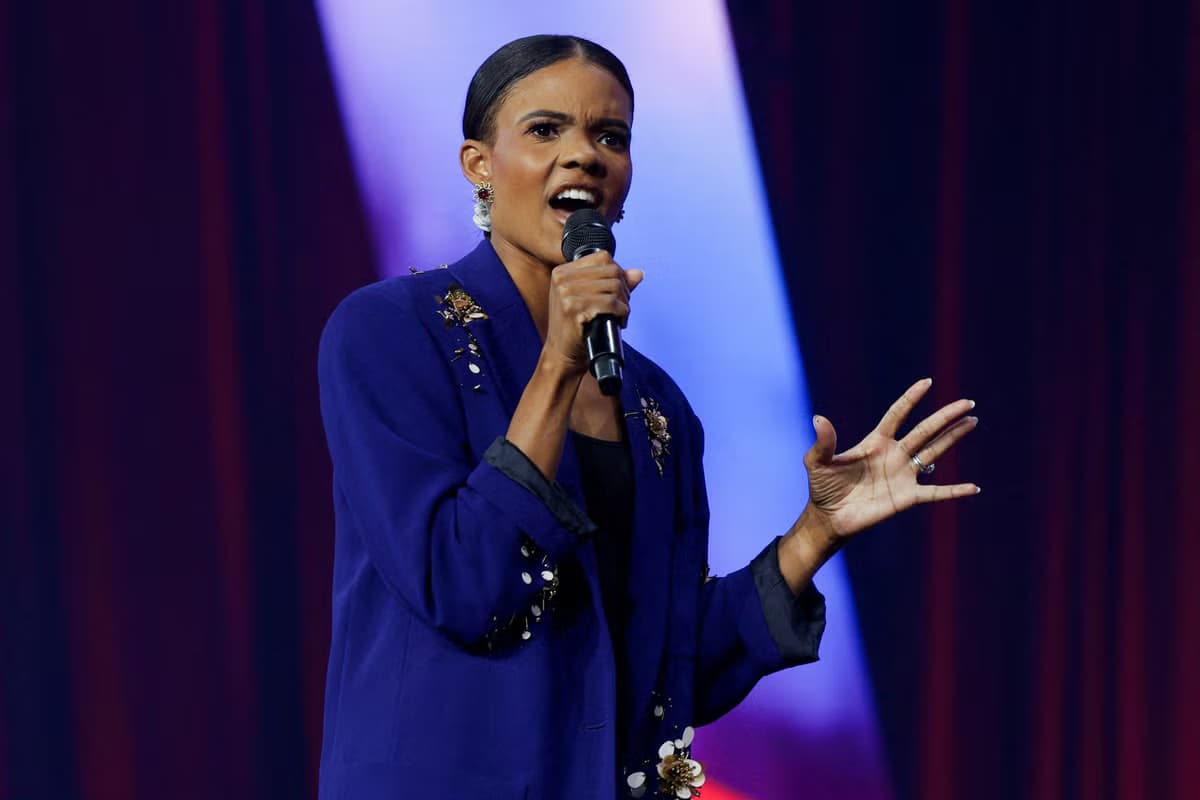We're loading the full news article for you. This includes the article content, images, author information, and related articles.
The unanimous decision by Australia's highest court reinforces the government's power to deny entry to individuals deemed a risk to social cohesion, raising questions about free speech versus national interest.

Australia's High Court on Wednesday, October 15, 2025, unanimously upheld the government's 2024 decision to deny a visa to American right-wing commentator Candace Owens. The ruling affirms the Home Affairs Minister's authority to refuse entry on 'character grounds' under the Migration Act, citing concerns that Owens' presence could 'incite discord' within the Australian community.
Home Affairs Minister Tony Burke initially rejected Owens' visa application in October 2024, ahead of a planned national speaking tour. Burke stated that Owens, a conservative influencer and podcast host, had advanced conspiracy theories and antisemitic rhetoric, including allegedly downplaying Nazi medical experiments. He concluded that she did not pass the 'character test' required for a visa, and her entry would not be in Australia's national interest.
The Australian Migration Act grants the Minister for Immigration broad powers to refuse or cancel visas based on character grounds. Section 501 of the Act outlines various reasons for failing this test, including having a substantial criminal record, being involved in criminal conduct, or posing a risk to the Australian community by inciting discord or vilifying segments of society.
Owens' legal team challenged the visa denial, arguing that it infringed upon an implied constitutional freedom of political communication in Australia. However, the High Court ruled that while the Migration Act provisions do impose a burden on political communication, they serve a legitimate and justifiable purpose in protecting the Australian community from visitors who might 'stir up or encourage dissension or strife on political matters.'
Unlike the United States, Australia does not have an express constitutional right to free speech. The High Court judges, Stephen Gageler, Michelle Gordon, and Robert Beech-Jones, emphasized in their joint judgment that the implied freedom of political communication is not a 'personal right,' is not unlimited, and is not absolute.
The court's statement highlighted that the Minister found a risk of Owens' controversial views leading to 'increased hostility and violent or radical action.' This decision underscores the Australian government's stance on managing public discourse and maintaining social cohesion by regulating who can enter the country.
Minister Burke applauded the High Court's decision, calling it a 'win for social cohesion.' He had previously cited Owens' comments on various communities, including Muslim, Black, Jewish, and LGBTQIA+, as generating 'controversy and hatred,' and concluded that her presence would not be in the national interest.
Owens' lawyers, including Perry Herzfeld SC, argued that the 'inciting discord' threshold for visa rejection was overly broad and could exclude non-mainstream political views, thereby stifling legitimate debate. They contended that what constitutes 'discord' could be subjective and 'very much in the eye of the beholder.'
This ruling sets a precedent for how Australia may handle future visa applications from individuals with controversial public profiles. It highlights the tension between a nation's desire to protect its social fabric and the principle of freedom of expression. For Kenya, while its visa policy has shifted to an Electronic Travel Authorisation (eTA) system for most visitors since January 1, 2024, the underlying principles of national interest and public order can still influence entry decisions.
Kenyan immigration authorities, like their Australian counterparts, can deny entry based on factors such as suspicious travel intentions, inadequate documentation, or non-compliance with financial obligations. While Kenya's eTA system aims to streamline travel, it also serves to ensure security and maintain a database of entrants and exits.
The debate over what constitutes 'inciting discord' and where to draw the line between robust political commentary and harmful rhetoric remains a point of contention. Critics argue that such broad powers could be used to suppress dissenting or unpopular views, even if they do not directly advocate violence. The long-term impact of such decisions on international cultural and political exchange is yet to be fully seen.
The High Court's decision is final, and Candace Owens has been ordered to pay the Commonwealth's legal costs. This concludes the legal challenge to the Australian government's 2024 visa denial.
Observers will be keen to see how similar cases are handled in Australia and other nations with comparable immigration laws. The balance between national security, social cohesion, and freedom of expression will continue to be a critical area of discussion in international law and policy. In Kenya, the implementation and public reception of the eTA system, particularly concerning any future high-profile visa denials, will be noteworthy.
Keep the conversation in one place—threads here stay linked to the story and in the forums.
Sign in to start a discussion
Start a conversation about this story and keep it linked here.
Other hot threads
E-sports and Gaming Community in Kenya
Active 9 months ago
The Role of Technology in Modern Agriculture (AgriTech)
Active 9 months ago
Popular Recreational Activities Across Counties
Active 9 months ago
Investing in Youth Sports Development Programs
Active 9 months ago